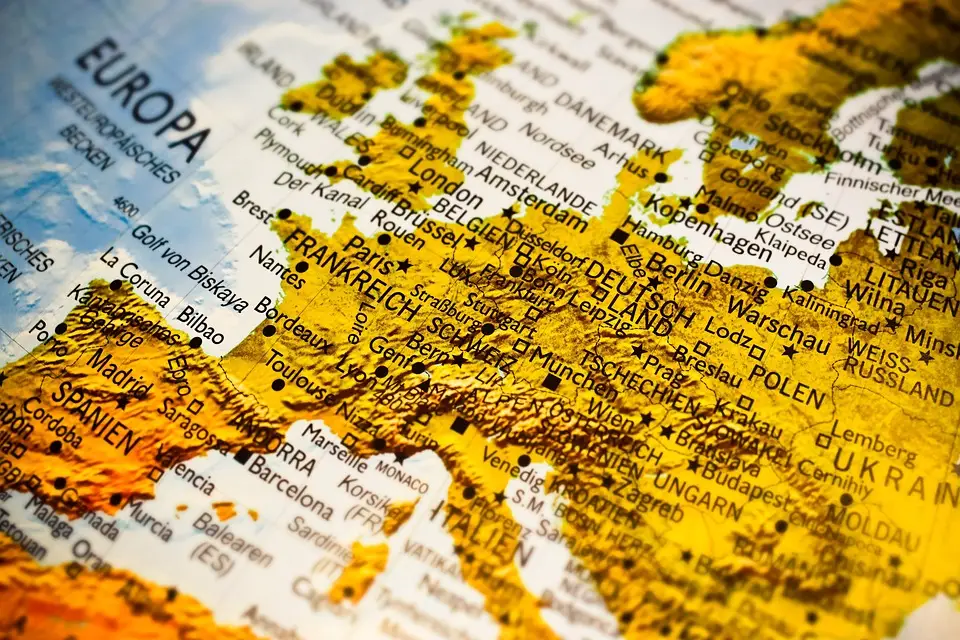As Poslovni Dnevnik/Ana Blaskovic writes with the convincing support of the European Parliament, Croatian Schengen entry is now another significant step closer, and the final green light for the complete abolition of border crossings between Croatia and the rest of the European Union should be given by the Council of the EU at the beginning of December.
If it achieves this goal along with Eurozone accession, Croatia will further deepen its integration into the bloc and facilitate business and trade with European Union markets at the beginning of next year. It also all represents a very strong political message from the powers that be in Brussels.
At the plenary session of the European Parliament in Brussels on Thursday, Croatian Schengen entry was formally supported by a large majority. Of the 612 parliamentarians who voted for the draft decision of the EU Council, 534 voted for, 53 against, with 25 abstentions.
“Schengen has been waiting for Croatia. The Croatian people have been waiting for Schengen and now that moment has finally arrived,” said the Parliament’s reporter for Croatia’s entry into Schengen, Paolo Rangel.
“Combined with the entry into the monetary union, this is going to represent a positive shock for the economy. The monetary union is not just a replacement of a country’s currency, as is unfortunately often emphasised in the Government’s own campaign, but an entry into a new institutional framework that gives investors a clear signal that we’re now part of a unique space, significantly more complex than it was in previous crises. The differences between Croatia, Austria and Slovenia will be based on other factors in the future, such as logistical ones, and Croatian Schengen entry removes logistical obstacles,” explained economist Damir Novotny, adding that, for example, a potential investor can now weigh up their investments, counting on the fact that there will be no more waiting at the border and related costs.
The report of the European Parliament, which previously passed the committees so that the final vote can actually be a formality, stated that all of the criteria have now been met and that there are no obstacles to Croatia becoming a full member of the Schengen area which is totally devoid of internal (passport) controls.
It is important to note that the role of the European Parliament regarding the issue of Schengen expansion is advisory in nature and not binding, but it is an indispensable step of the procedure that requires EU member states to request the opinion of the Parliament.
After meeting the technical conditions and the recommendation of the EP, the final decision is political and will be made by the 22 EU member states that make up the Schengen area, which is expected to happen at the session on December the 9th, 2022.
The fact that the ticket to the club of member states of the European Union without borders comes despite criticism of the behaviour of the Croatian police at the borders towards migrants and illegal “push backs”, and illustrates the strength of political support for Europe in the face of the war in Ukraine.
Videos brought to light by the journalist organisation Lighthouse have showcased beatings and mistreatment of migrants on the border between Croatia and Bosnia and Herzegovina by Croatian police. This and similar reports apparently caused consternation, but the Schengen accession process was not seriously shaken by any of it.
For more, make sure to check out our dedicated lifestyle section.








